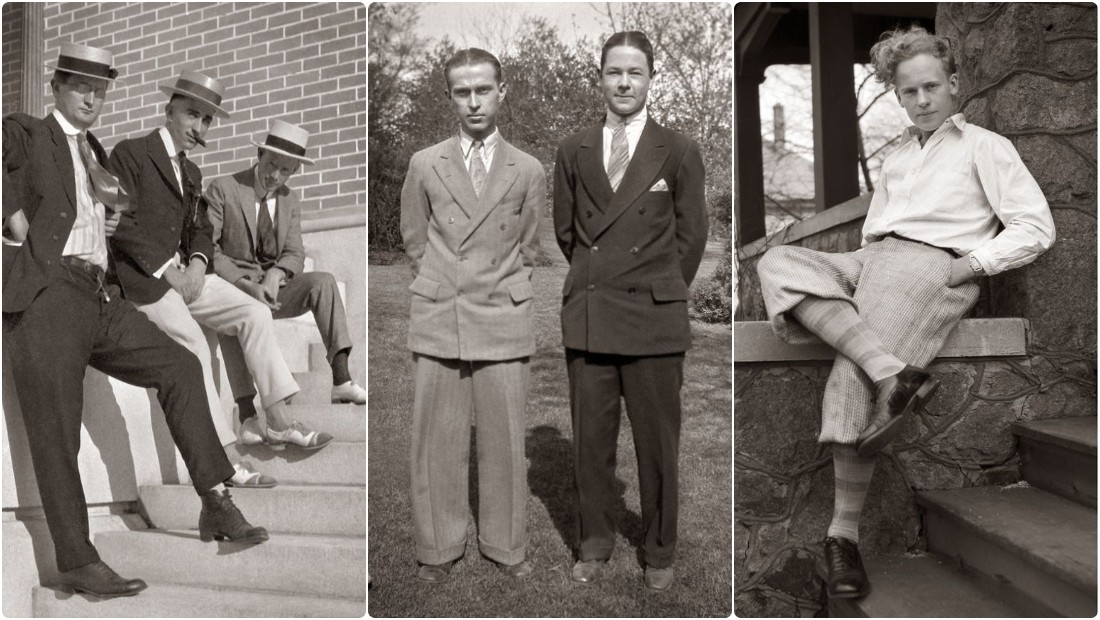Elegance in Hardship: Unveiling 1930s Fashion in America
Imagine a time when the world was grappling with economic turmoil, yet amidst the struggle, a sense of elegance and sophistication prevailed in the realm of fashion. This was the intriguing paradox of 1930s America, where fashion became a powerful form of expression and escapism.
The Great Depression cast a long shadow over the United States, impacting every facet of life, including fashion. Yet, instead of succumbing to despair, American women used clothing as a means to project resilience, femininity, and a touch of glamour, even within the confines of limited budgets.
The 1930s witnessed a fascinating shift in silhouettes. Gone were the loose, drop-waist styles of the Roaring Twenties, replaced by more form-fitting garments that accentuated the female figure. Dresses became longer, often falling below the knee, and emphasized a natural waistline. This return to a more classic silhouette reflected a desire for stability and elegance during uncertain times.
Hollywood played a pivotal role in shaping 1930s fashion trends. Actresses like Joan Crawford, Greta Garbo, and Jean Harlow graced the silver screen in glamorous gowns, inspiring women across the nation. The bias cut, which used fabric diagonally to create a slinky and flattering drape, became synonymous with Hollywood glamour and was widely adopted in everyday dresses.
However, 1930s fashion wasn't solely about extravagance. The challenging economic climate led to a rise in practicality and resourcefulness. Women became adept at repurposing old garments, creating new outfits from limited materials, and embracing accessories to transform simple dresses. Sewing skills became invaluable, allowing women to create fashionable garments at home.
One of the defining elements of 1930s fashion was its emphasis on femininity. Delicate details like ruffles, lace, and bows adorned dresses, blouses, and hats. Soft, flowing fabrics like silk, rayon, and velvet were popular choices, lending an air of sophistication and elegance.
While the glitz and glamour of Hollywood offered a captivating escape, everyday fashion for American women during the 1930s reflected the realities of the time. Simple, practical garments like tailored skirts, blouses, and cardigans became staples in many women's wardrobes. These versatile pieces could be mixed and matched to create different looks and were often accessorized to add a touch of personality.
Advantages and Disadvantages of 1930s Fashion
| Advantages | Disadvantages |
|---|---|
| Emphasized femininity and elegance | Limited color palettes due to economic constraints |
| Promoted resourcefulness and creativity in clothing | Bias cut garments could be challenging to sew and fit properly |
| Introduced iconic silhouettes that continue to inspire today | Emphasis on traditional gender roles reflected in clothing styles |
The 1930s marked a distinctive era in American fashion, a testament to the resilience and creativity of women facing adversity. Despite economic hardship, fashion thrived, offering a combination of escapism and practicality that continues to captivate and inspire today.
Unlocking the secrets of benjamin moore nimbus gray
Crystal clear ice the ultimate guide to home depot ice maker water filters
Ignite your spirit july 4th parades near chicago














